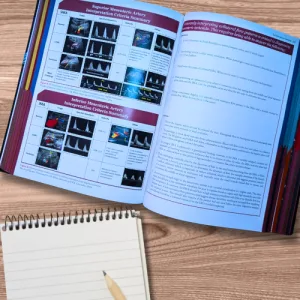Graduating from ultrasound school is a big deal. You’ve put in the time, the effort, and probably lost sleep over physics formulas. Now comes the next step: getting that first real job.
It can feel overwhelming. Where do you start? What if no one is hiring new grads? And what if you have to move to make it happen?
Here are a few things to think about as you look to get your foot in the door.
Take Your Boards ASAP
 Half the battle when applying for jobs is impressing the “bot.” Your resume probably isn’t getting real eyes on it right away. So, one of the best ways to do this is to take your ultrasound registry boards as soon as you’re ready. Then you can “check the box.”
Half the battle when applying for jobs is impressing the “bot.” Your resume probably isn’t getting real eyes on it right away. So, one of the best ways to do this is to take your ultrasound registry boards as soon as you’re ready. Then you can “check the box.”
Passing your registry exams shows employers you’re serious, registered, and ready to scan too, plus they might require it before hiring due to internal reasons or insurance reimbursement.
Board will feel easier if you take them as close to (or even before!) graduation. You’re still in “study mode” and can use that momentum. The longer you wait, the harder it can be to dive back into test prep. If you’re feeling like you need a confidence boost consider attending one of ESP’s webinars. We get your studying focused on what you need. Check out the schedule here.
If you’re stuck on how to register or which exam to take first, talk to your instructors, check the ARDMS, CCI, or ARRT website, and don’t be afraid to reach out for support. They can walk you through it, and you’ll get the right answers straight from the source (and not an internet forum).
Your First Job Might Not Be Local
 This one can be tough. You might need to move.
This one can be tough. You might need to move.
It’s not always ideal, especially if you have family responsibilities, pets, or a partner with a fixed job. But being open to relocation can open more doors. Some areas are more competitive. Others are in desperate need of sonographers and are willing to train a new grad.
If you can move, even short-term, you’ll gain valuable experience that makes you more marketable in the long run. You don’t have to stay forever. But that first year of hands-on work can be gold.
Check out job boards like UltrasoundJOBS by ARDMS, hospital systems’ websites, LinkedIn, and even Facebook sonography groups. Look for rural or smaller facilities—they’re often more open to training new grads.
Make Your Resume Work For You
 You don’t need a mile-long resume. You just need a good one.
You don’t need a mile-long resume. You just need a good one.
Highlight your clinical experience. Even if you were a student, those hours matter. Mention the types of exams you’ve done, the machines you’ve used, and any patient populations you worked with. If you were trusted with anything special during your clinicals, note it.
If you did more than one specialty – say OB and vascular – be specific. List the approximate numbers of each type of scan if you can. For example: “Performed over 150 abdominal scans and assisted with 50 OB first-trimester exams.”
Also, include soft skills. Communication, teamwork, and patient care – all of those count. Especially in ultrasound, where you’re face-to-face with patients every day.
Include certifications like BLS/CPR, and if you’re bilingual, list that too. It matters more than you think.
Show Your Passion
 Yes, passion matters. Sonographers can tell when you’re there for the love of sonography or the love of a paycheck.
Yes, passion matters. Sonographers can tell when you’re there for the love of sonography or the love of a paycheck.
Sonography isn’t just about images. It’s about being curious, asking questions, and wanting to get it right. Employers can teach skills, but they can’t teach you to care.
If you love OB, say it. If vascular clicks with you, tell that story. Show them what gets you excited to scan. Be ready to discuss a case or patient that stuck with you, and what you learned from it.
Whether it’s in your cover letter (which, yes, you should write, and yes, it should be tailored to each job), your interview, or how you talk about your clinical – make sure to let your enthusiasm show. If you’re passionate, it will stand out.
Be Flexible (When You Can)
 Your first job might be weekends. Or nights. Or swing shifts.
Your first job might be weekends. Or nights. Or swing shifts.
It’s okay to want balance. You don’t have to say yes to everything. But if you’re able to take an odd shift, it can give you an edge.
Some departments really need help on evenings or holidays. Willingness to fill that gap could get you hired faster. Plus, off-hours can sometimes mean less pressure, slower pace, and more time to learn.
If you can’t work nights or weekends, that’s fine too. Just be upfront about your availability and look for roles that match it.
Also, consider PRN (as needed) or part-time roles. Many full-time positions start that way. Get your foot in the door, prove yourself, and opportunities often open up.
Keep Learning
 The learning doesn’t stop when school ends.
The learning doesn’t stop when school ends.
Read articles. Watch webinars. Ask questions. If you’re not working yet, find a mentor or join a study group. Staying sharp helps you feel more confident in interviews—and more prepared when the right job comes along.
Practice case review. Watch YouTube videos from trusted ultrasound educators. Use any downtime to get better at scanning in your mind, even if you’re not physically in a lab.
A highly in-demand skill is vascular ultrasound. If you’re looking to get more book work in, try out The Art of Vascular Ultrasound or our CME catalog.
Your first ultrasound job won’t be perfect. But it’s your first step.
Be open. Be proactive. Keep growing. Ask for feedback. Write things down. Be kind to yourself when you mess up.
And don’t forget—every experienced sonographer was once the new grad. You’ve got this.


